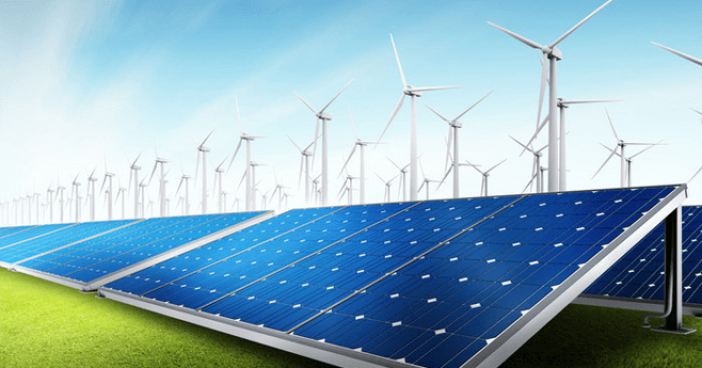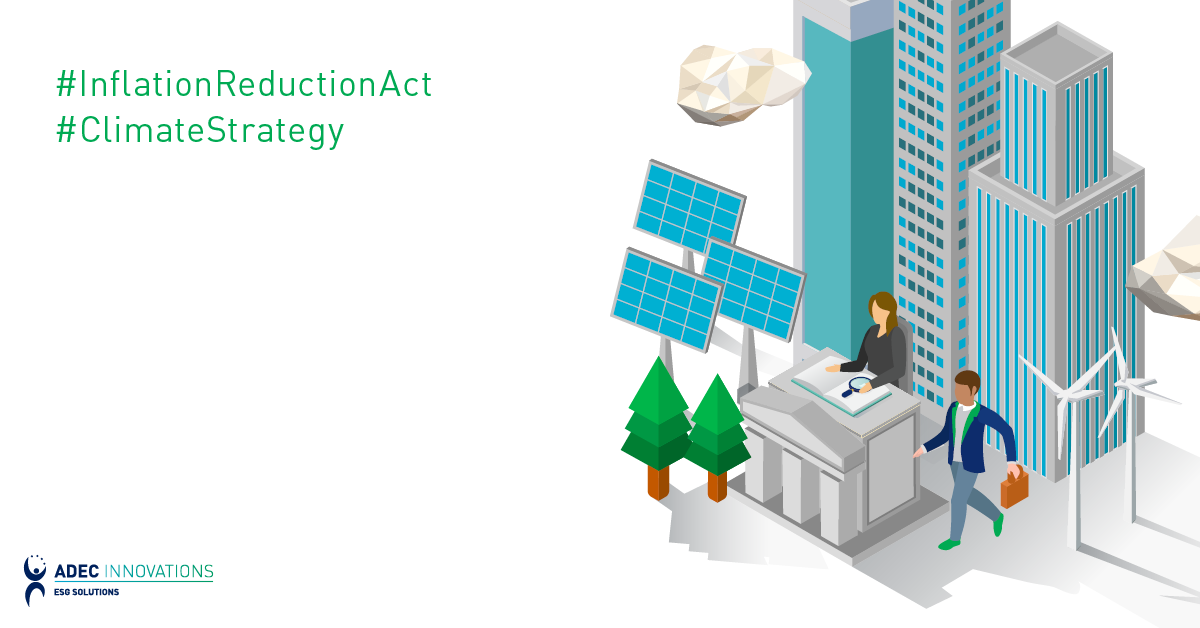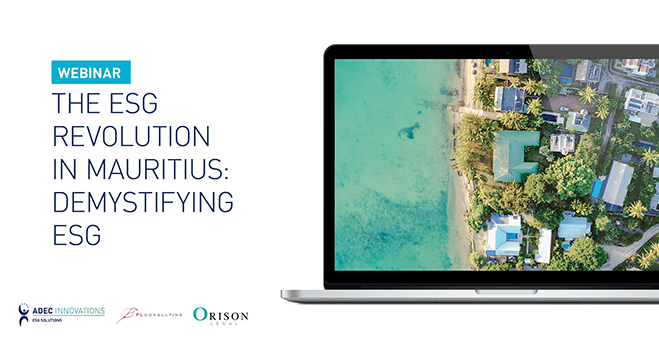According to the International Energy Agency’s World Energy Outlook – 2016 (WEO – 2016), approximately 1.2 billion people worldwide do not have access to electricity. In addition, at least 2.7 billion people around the world continue to depend on conventional biomass for cooking. Roughly 95 percent of the global population without access to electricity and modern cooking fuels reside in Sub-Saharan Africa and in Asia. About 80 percent of them live in rural communities.
Lack of energy access can undermine a country’s development. In many developing countries, access to energy–including affordable and renewable energy–is not guaranteed. In addition, energy infrastructure is inextricably interwoven with other aspects of sustainable development. Furthermore, using traditional biomass for cooking can lead to increased air pollution and global warming. The WEO-2016 claimed that indoor air pollution causes an estimated 3.5 million premature deaths every year.
On the other hand, traditional energy facilities prove to be ineffective in developing countries. Traditional energy facilities are resource-intensive and have high operating costs, which render their services too expensive for poor families. In 2014, it cost USD 900-USD 4,000 in Kenya to connect a single family to the grid. Additionally, many traditional energy facilities in developing countries are aging and inefficient. As a result, people in developing countries often end up paying expensive fees for poor-quality energy services.
How Can Renewable Energy Help Developing Countries?
Renewable energy can effectively address the energy crisis in developing countries, as it is more cost-effective than fossil fuel-based energy. A December 2016 report by the World Economic Forum (WEF) claimed that “solar and wind are now the same price or cheaper than new fossil fuel capacity in more than 30 countries.” And unlike fossil fuel-based energy, which runs on finite resources, renewable energy is powered by unlimited resources. Renewable energy can provide developing countries a stable supply of energy without having to spend more money on oil or power lines and grids.
One country that has turned to renewable energy to address its energy crisis is India. Despite India’s tremendous economic growth, about 300 million Indians had been living without reliable electricity access in the early 2010s. In the country’s rural areas, about 44 percent of households were still without electricity. India’s energy crisis resulted in profit and productivity losses for businesses, which had been forced to either slow down operations or completely shut down for days on end due to electricity shortages. To be able to continue operations despite constant power disruptions, some businesses used power backup equipment, resulting in higher operating costs.
The Indian government, in response, invested heavily in renewable energy. In 2016, it invested USD 9.7 billion into India’s renewable energy sector, which created 385,000 jobs in India that year. Also, wind and solar energy now constitute nearly 14 percent of the country’s installed power capacity. And if the Indian government pushes through with its goal of generating 160 GW by 2022, India’s wind and solar industries are expected to create an additional 300,000 new jobs.
Fast Tracking Developing Countries’ Progress through Renewable Energy
Making renewable energy accessible in developing countries results in better energy production. More importantly, it also addresses several environmental and social problems such as resource depletion, pollution, climate change, poverty and unemployment. With access to renewable energy, developing countries’ dependence on oil and coal will be reduced. Renewable energy also allows communities and businesses in developing countries to be more productive. With a clean, stable and affordable electricity supply, businesses can run more smoothly and people can work more productively, possibly alleviating poverty and unemployment as a result. A healthier environment and a more productive community could then set developing countries on the road to progress.
ADEC ESG is a leading provider of sustainability solutions, including fully-integrated industry expertise, software solutions, and data management. We help you navigate the energy landscape now and prepare for what lies ahead, so you have greater knowledge on where to invest your limited capital resources. To learn more about renewable energy, click here.




